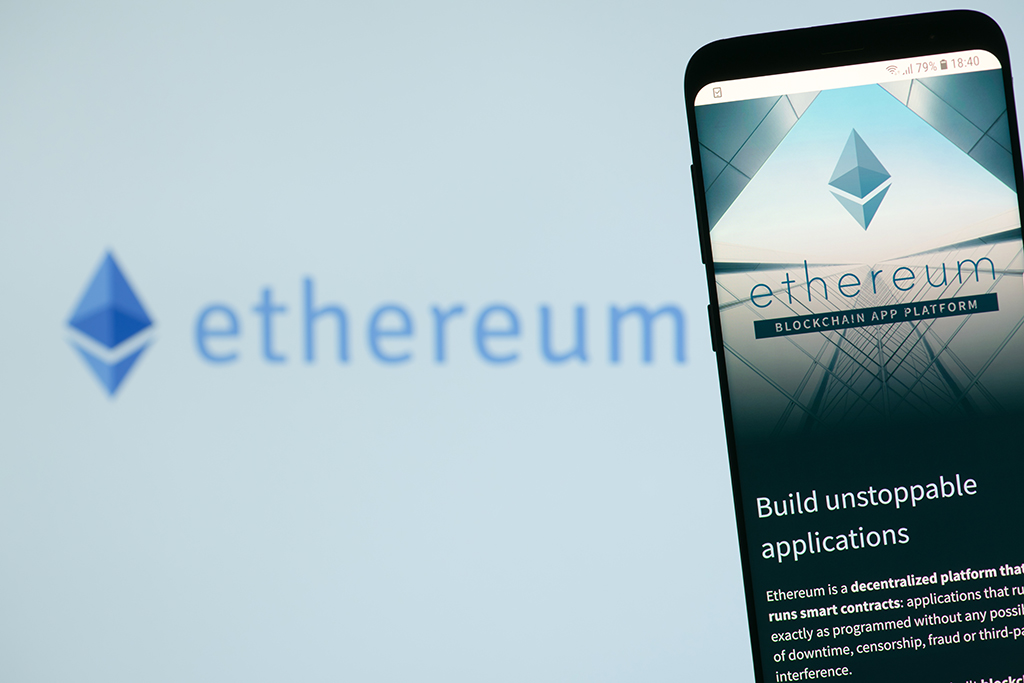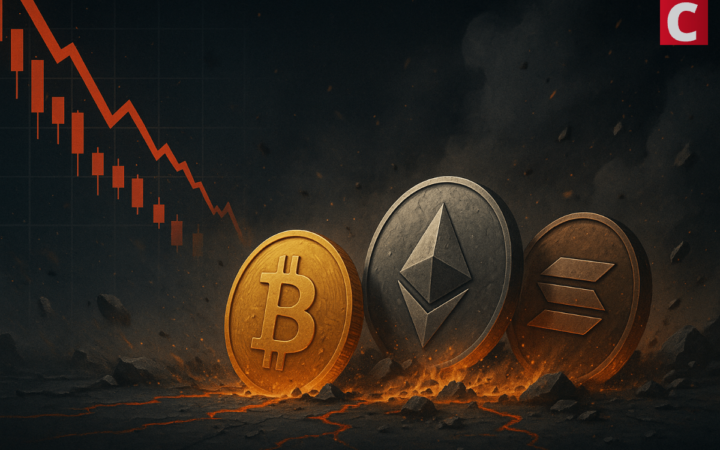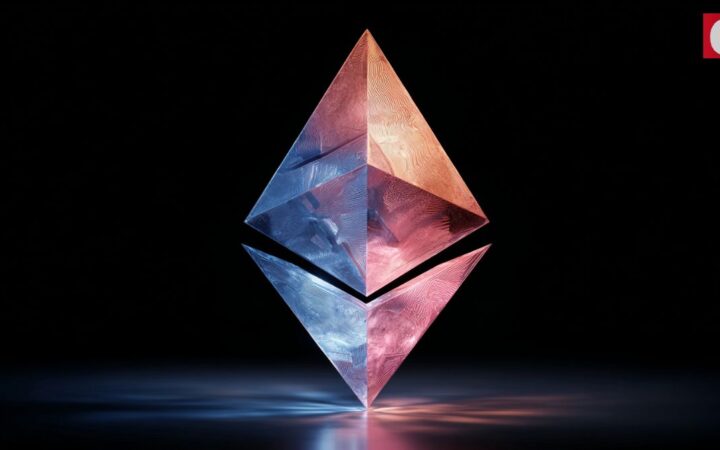
Christopher Haruna Hamman is a Freelance content developer, Crypto-Enthusiast and tech-savvy individual. He is also a Superstar Content Developer, Strategy Demigod, and Standup Guy.
Ethereum testnet Ropsten has hardforked following an earlier than scheduled release of the Istanbul upgrade of the world’s second most popular blockchain.

Ethereum testnet Ropsten split following the release of the Istanbul upgrade. This occurred because the upgrade was expected on approximately October 2nd, 2019 and at a block height of 6, 485, 846. The upgrade was released about 48 hours earlier on September 30th at around 3:40 a.m UTC.
This, of course, has expectedly caused quite a bit of difference in terms of block confirmation times. Ethereum foundation community manager indicated in a tweet that there is no cause for alarm in this regard.
Looks like there is an issue with the Ropsten Ethereum testnet after it hit the #Istanbul block. This is what testnets are for! Be aware that Ropsten will be unstable until this all plays out.
— Hudson Jameson (@hudsonjameson) September 30, 2019
Jameson further confirmed that many of the miners were caught in between chains and as such the hard fork occurred on a natural basis due to this fact. Meanwhile, Péter Szilágyi who is the team lead at the Ethereum Foundation indicated in his tweet that the hard-fork is occurring due to a huge miner going in the opposite direction of Istanbul.
The Ropsten #Ethereum testnet Istanbul forking is a bit unstable due to a huge miner pushing the non-forked chain.
If you run Geth, you can stabilize your peerset via `–whitelist=6485846=0x43f0cd1e5b1f9c4d5cda26c240b59ee4f1b510d0a185aa8fd476d091b0097a80` to enforce this block.
— Péter Szilágyi (karalabe.eth) (@peter_szilagyi) September 30, 2019
While this hardfork may cause alarm among some who think that this may be the beginning of the end for Ethereum, last years’ Constantinople upgrade also had its issues as well on the Ropsten testnet.
The integration of the upgrade with other off-chain solutions such as Raiden caused a postponement of the upgrade. However, it came back on stream on the testnet and was applied to the mainnet as well.
Decentralized, Autonomous Organizations otherwise referred to as DAOs may not exist after Istanbul goes live on the Ethereum mainnet after testing. This indication was made by Jorge Izquierdo who is the Chief Technology Officer of Aragon One which is a governance platform for smart contracts. He said:
“Up until now, DAOs could receive ETH from one another. This will no longer be possible after the Istanbul hard fork.”
This, of course, may not go down well with some who wanted to take the Ethereum blockchain to the next level through other types of models that may have worked differently from the DAO model.
Meanwhile, Aragon expects to lose about 680 smart contracts causing the project developers to find a workaround the system or risk a loss of confidence in the system itself. Izquierdo continued:
“The issue were going to have hasn’t been deemed important enough for this hard fork not to happen, which from our point of view is unfortunate [but] it’s a hard balance we understand.”
In all, the Istanbul upgrade is expected to create a smoother blockchain and will be more robust in transactions processing and confirmation per block. This is something that the Vitalik Buterin has been after for a while now.

Christopher Haruna Hamman is a Freelance content developer, Crypto-Enthusiast and tech-savvy individual. He is also a Superstar Content Developer, Strategy Demigod, and Standup Guy.




